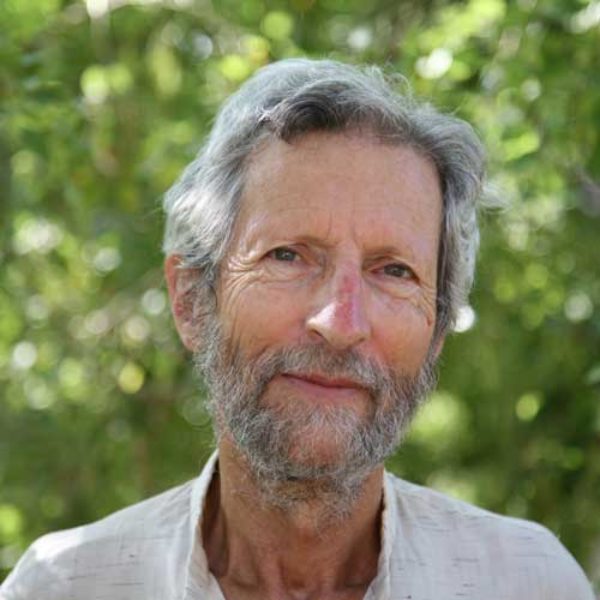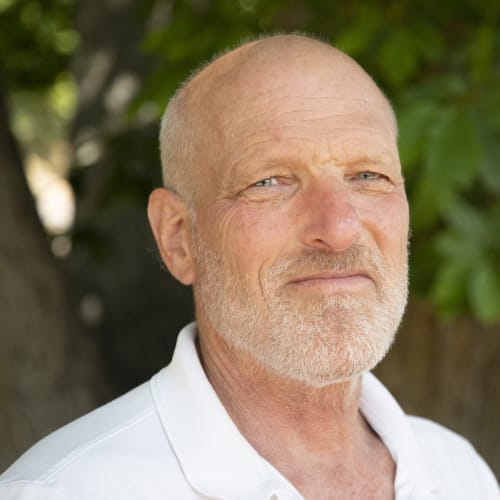One of the most puzzling and profound aspects of Dharma is the teaching of anatta; translated as non-self. For us living in the modern world, with the emergence of social media and the over emphasis and obsession with self, how can we use this teaching in a way that is constructive, authentic, relevant and realistic.
Before we get all worked up and confused about the non-self, it probably in our best interest to understand how the self is constructed and what are the conditions and causes in which it operates. We may be best served in our lives and practice if we can form a healthy and contented sense of self before we dismiss its presence thru some esoteric understanding that can often lead to destructive outcomes for our-selves, in the common form of a spiritual bypass.
A core and classic teaching that is rich throughout the Buddhist tradition is that of the five aggregates: forms, feelings, perceptions, inclinations and consciousness. It is through these aggregates where the self is created, it also where clinging and suffering occur, thus making it a crucial domain where our practice can serve us best.
In this online class, Dave discusses how we can use the practice of Dharma to cultivate a constructive sense of self, and at the same time, point us to ways we can deconstruct aspects of self that lead to suffering.








Really good meditation and talk, but totally distracting from all the noise which sounded like lighting a bong, inhaling, moving papers, weird sounds, too bad because the content was great. I’m reading Rob Burbea’s Seeing That Frees and this is one of his practices. Sometimes self, sometimes non-self. The mind is not yours, but you have to take care of it. Love that quote.